

| State Level Govt. Exams |
|---|
| Crash Courses |
|---|
| Chapterwise Study Material & Notes |
|---|
| Books / eBooks |
|---|
| Mock Tests Series |
|---|
| Free Video Leaning Programe (VLP) |
|---|
BUY Online Study Materials/Notes |
|---|
| Practice Sets |
|---|
| Je & Ae Exams |
|---|
| Coaching for Schools Students (K-12) |
|---|
| NCERT Solutions |
|---|
| Quick Links |
|---|
Forest Ranger and Conservator Exams are conducted by various state public service commissions in India. These exams are conducted for the recruitment of candidates for the posts of Forest Ranger and Conservator in various state forest departments and the Indian Forest Service.
The selection process for these exams usually involves a written exam and an interview. The written exam includes questions from various subjects like general knowledge, current affairs, English, mathematics, and reasoning. In addition to this, there are specific subjects related to forestry and environmental sciences that candidates need to study for these exams.
To prepare for these exams, candidates must have a strong understanding of environmental science, ecology, forestry, and wildlife conservation. They can refer to various books, journals, and online resources to study these subjects. Moreover, solving previous year's question papers and mock tests can help them understand the exam pattern and difficulty level.
Clearing these exams can lead to a career in various forest services like the Indian Forest Service, State Forest Services, and other related posts. The job responsibilities of a Forest Ranger and Conservator involve protecting and managing the forest resources, wildlife, and biodiversity, ensuring compliance with environmental laws, and promoting sustainable forest management practices.
Develop India Group (DIG) Provided complete study notes for the fallowing Forest Ranger and Conservator Exams revised and updated study notes with updated laws, based on the revised syllabus.
If you have a real interest in caring and protecting the natural forestry, birds, animals then a career in forestry as a forest ranger is most suitable for you. Forest ranger is a person who is not only in charge of the Forest but also performs executive, supervisory, and protective functions of the range.
Forest rangers perform a wide range of tasks for state and national forests. For example, they may help maintain campground facilities and trails, and help with fire prevention and firefighting. Some enforce laws and regulations on public lands, roads, and campgrounds. They may also interact with the public during their patrols and visits to campgrounds. Some give fire education programs,provide information to visitors, and explain regulations to the public. They also enforce these regulations, taking appropriate action when necessary.
A forest ranger's duties include helping conquer forest fires, educating the public about forest safety, controlling wild animals, patrolling the area, and maintaining the environment. A bachelor's degree in forestry or an associate's degree with experience is required for this job.
What Does a Forest Ranger Do?
Forest Ranger is trained to handle many of the situations that may arise in the forest. He supervises the work of timber extraction, camp organization, survey, road and tramline aligning constructions, regeneration survey, plantation, nursery, conversion of timber in mill, timber disposal, timber export, depot organization, marking, enumeration and other preliminary works. While this is often a part of the job, forest rangers may be involved in a wide range of activities, including:
-
Planting seedlings
-
Monitoring seedling growth and inspecting tree stands for signs of pests and disease
-
Spraying or injecting pesticides to protect trees and shrubs
-
Counting numbers of trees examined during forest inventories
-
Removing diseased trees with hand or power equipment
-
Loading cut trees onto trucks
-
Operating skidders and trucks
-
Preventing fires through construction of fire lines
-
Fighting forest fires
-
Improving trails
-
Conducting informational and educational programs
-
Participating in search and rescue missions
-
Maintaining and repairing agency vehicles
-
Collecting GPS data with handheld global positioning systems (GPS) devices



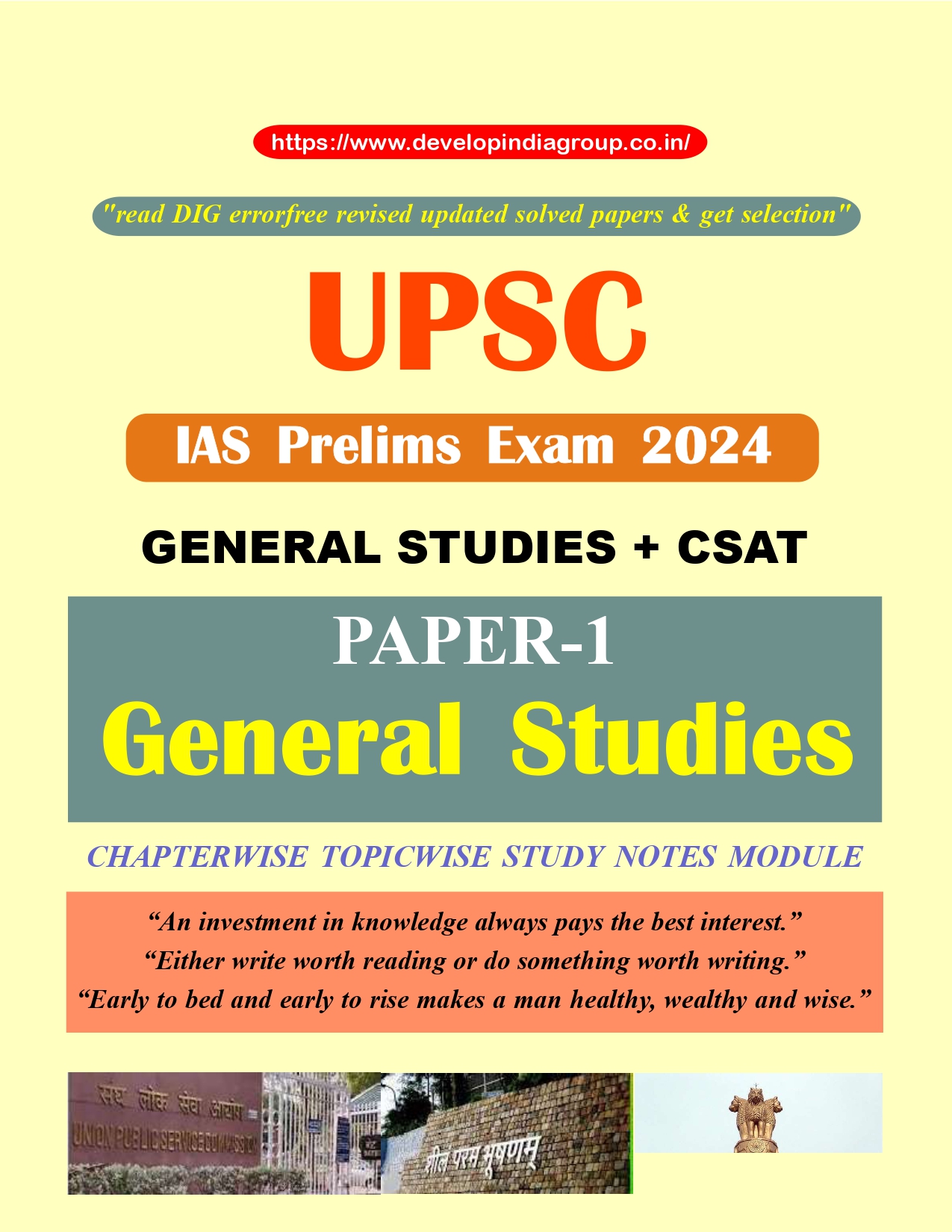
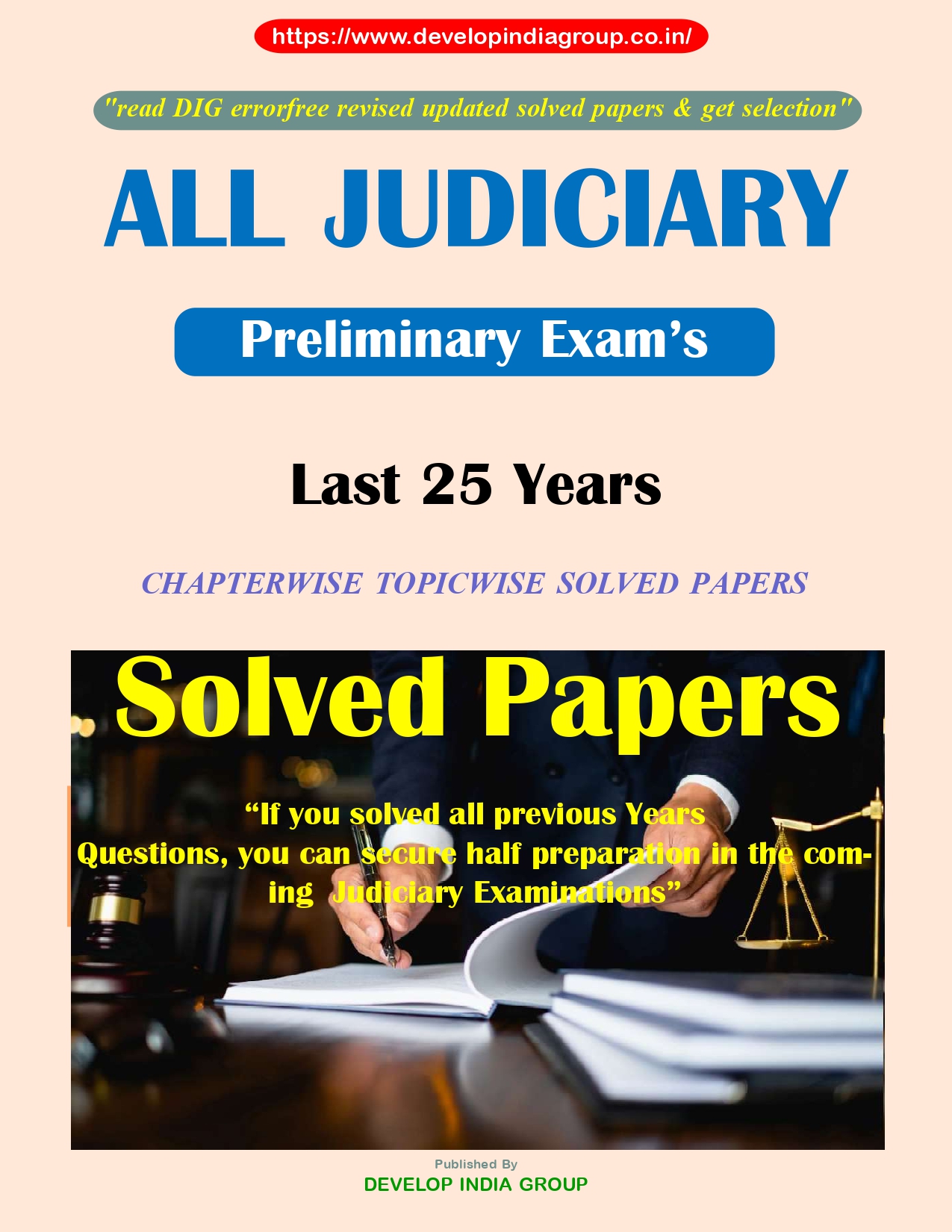
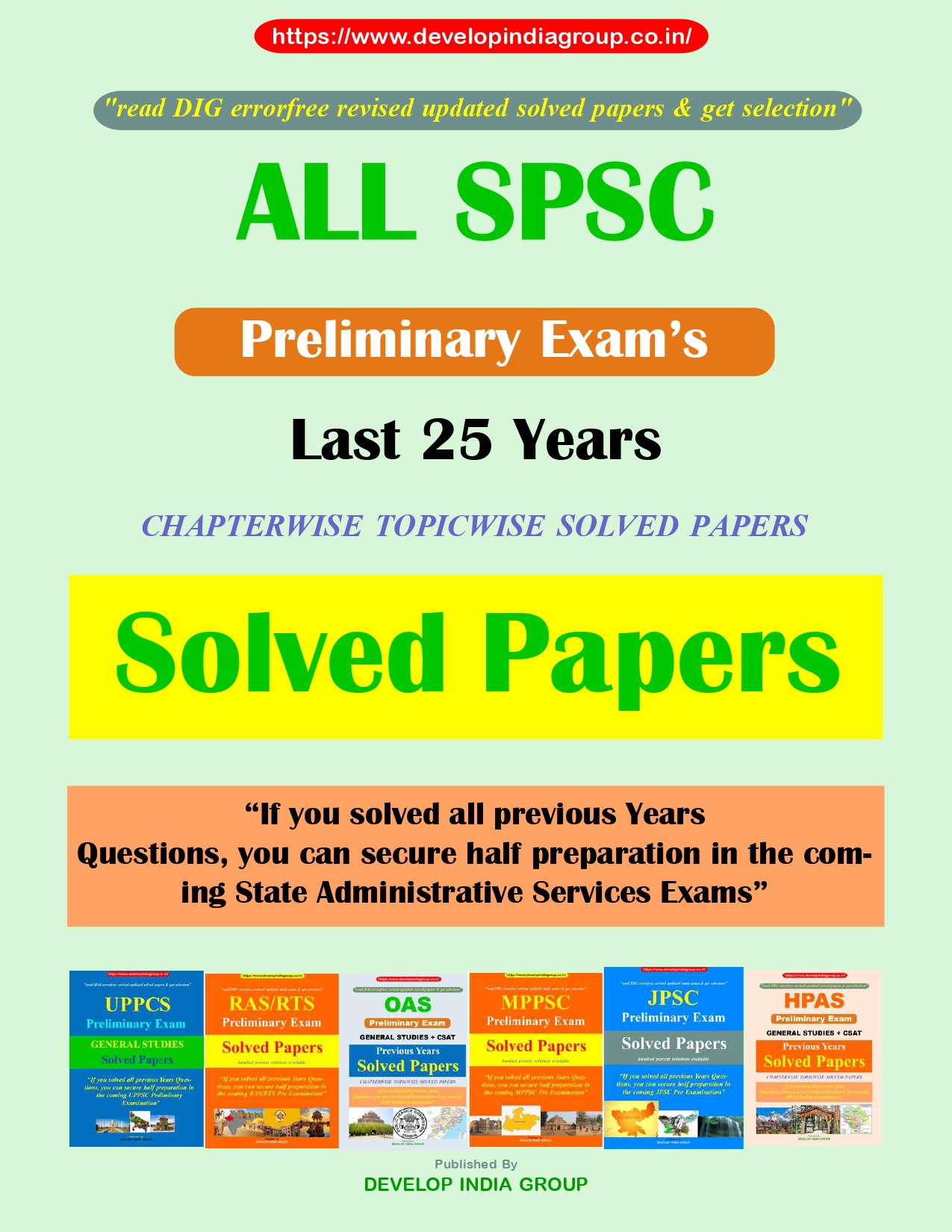

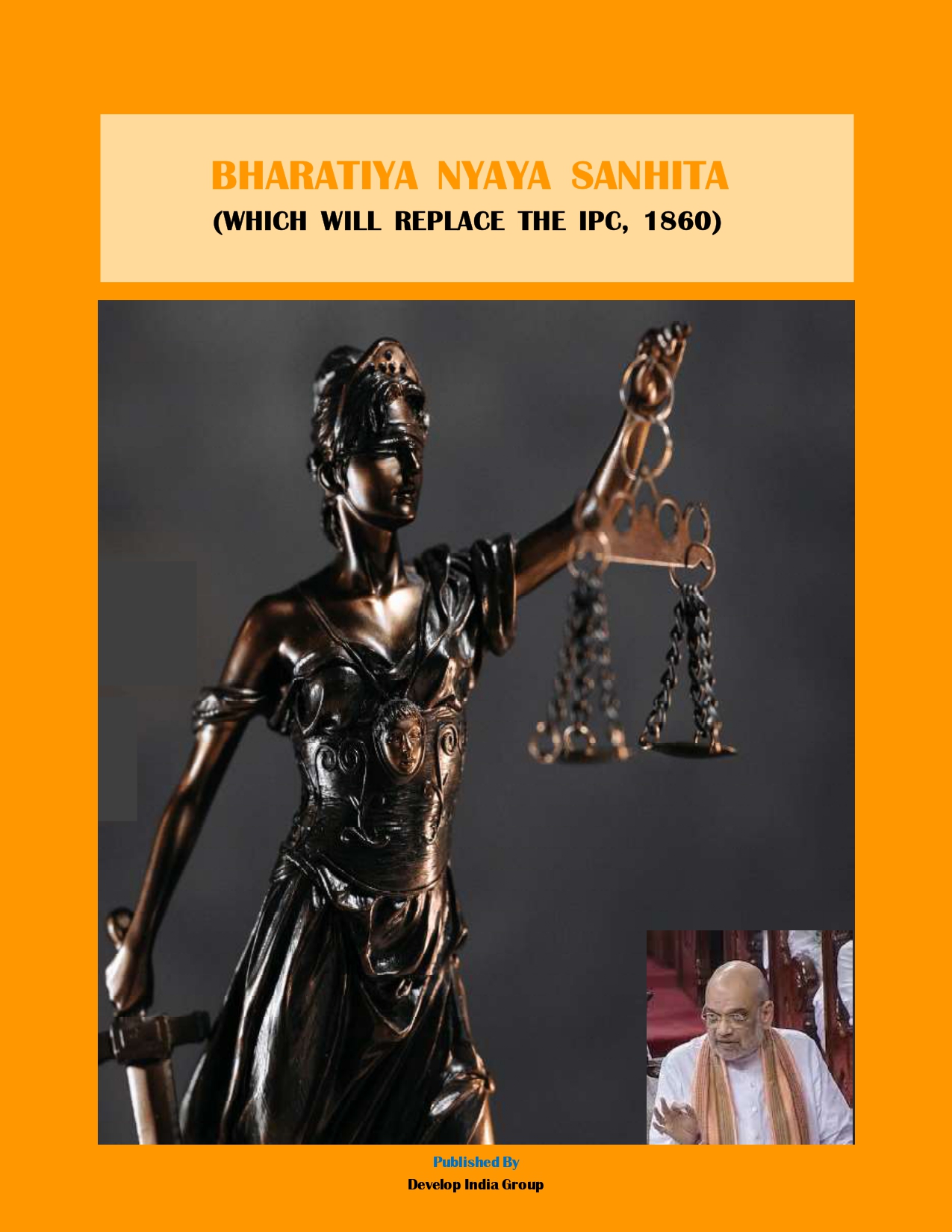
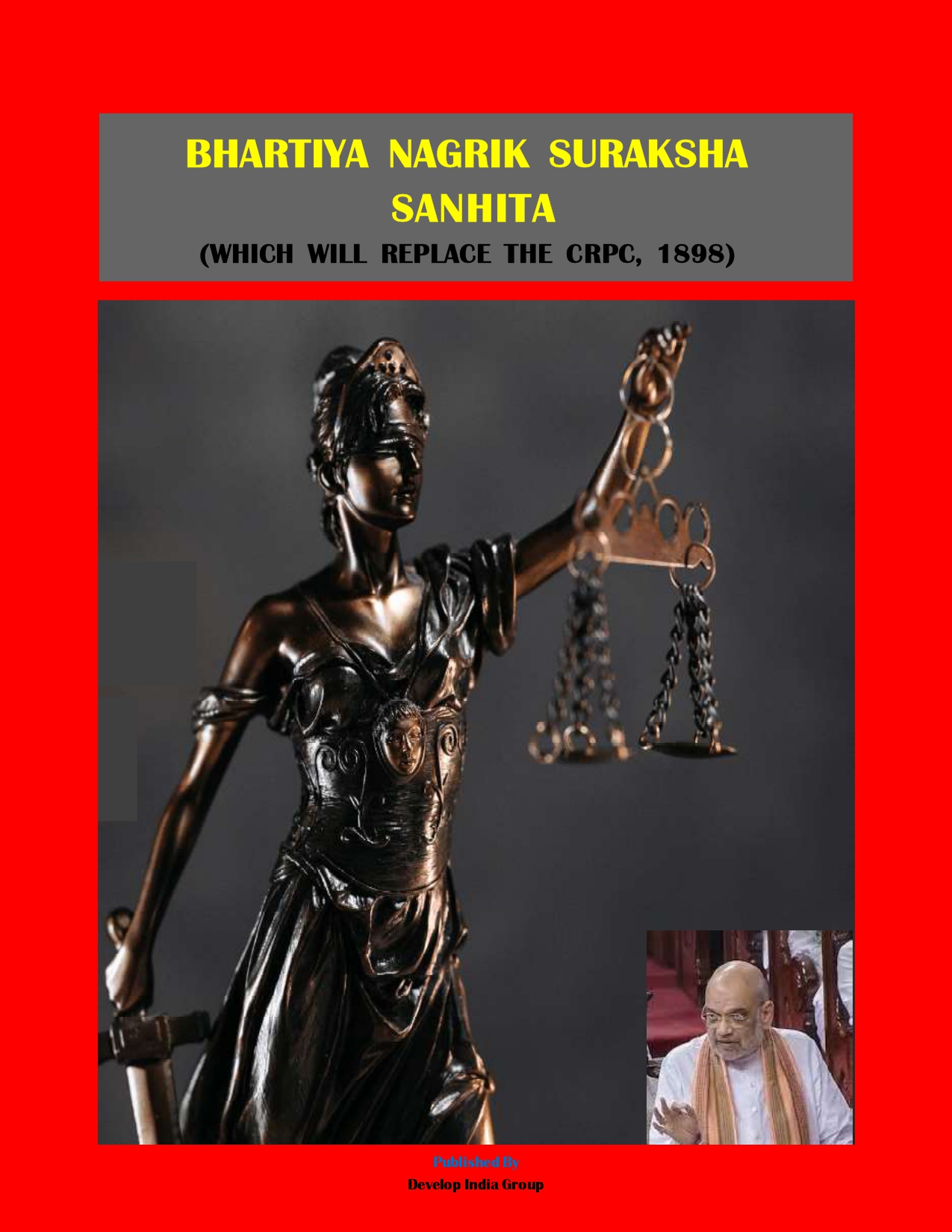










 or
or  or
or  on this number 8756987953
on this number 8756987953 









